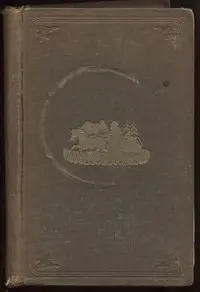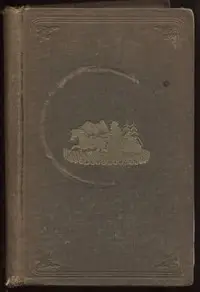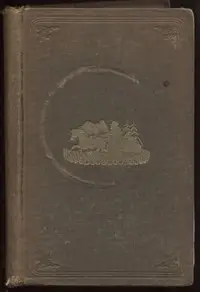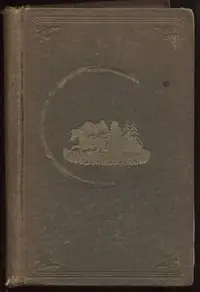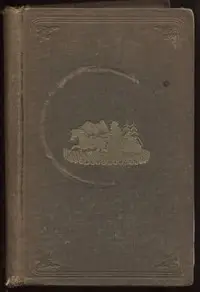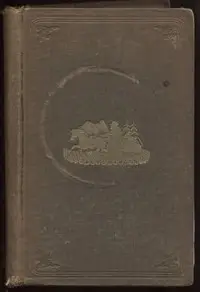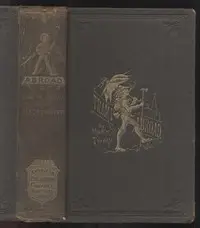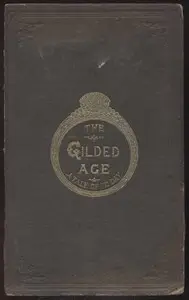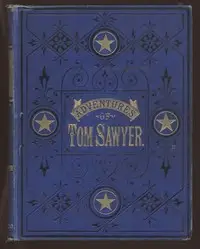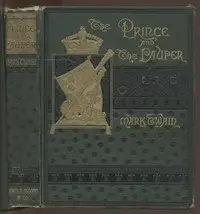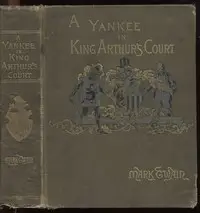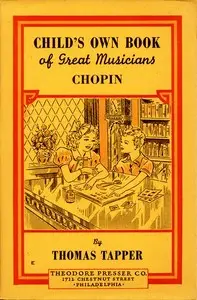"Roughing It, Part 2" by Mark Twain is a late 1800s travel adventure where the author shares his tales and thoughts from traveling across the American West. With a mix of funny stories and smart observations, it explores the Wild West’s themes of broken laws, rules of society, and the raw, hard parts of living on the frontier when America was growing quickly. The story kicks off with crazy times in the Rocky Mountains and awkward social situations in new towns, setting the stage for Twain’s witty comments on how civilized people act. Early on, the book tells about J. A. Slade, a well-known vigilante, who faces a wild conclusion by a vigilante group in Montana, which starts Twain’s examination of what justice means when there aren't formal courts or rules. Then, it dives into Twain's own adventures as he roams with Mormon migrants, faces the rough nature, and meets different groups of people in the West, showing both its stunning beauty and harsh realities. Twain’s unique humor and clear-sighted views pull readers into a trip of the American lands and the people who live there, preparing them for exciting journeys and social commentary.
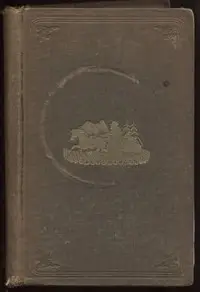
Roughing It, Part 2.
By Mark Twain
Witness a humorous journey through the Wild West, where vigilantes and Mormon emigrants play out against a landscape both beautiful and brutal.
Summary
About the AuthorSamuel Langhorne Clemens, known by the pen name Mark Twain, was an American writer, humorist, and essayist. He was praised as the "greatest humorist the United States has produced," with William Faulkner calling him "the father of American literature." Twain's novels include The Adventures of Tom Sawyer (1876) and its sequel, Adventures of Huckleberry Finn (1884), with the latter often called the "Great American Novel." He also wrote A Connecticut Yankee in King Arthur's Court (1889) and Pudd'nhead Wilson (1894) and cowrote The Gilded Age: A Tale of Today (1873) with Charles Dudley Warner.
Samuel Langhorne Clemens, known by the pen name Mark Twain, was an American writer, humorist, and essayist. He was praised as the "greatest humorist the United States has produced," with William Faulkner calling him "the father of American literature." Twain's novels include The Adventures of Tom Sawyer (1876) and its sequel, Adventures of Huckleberry Finn (1884), with the latter often called the "Great American Novel." He also wrote A Connecticut Yankee in King Arthur's Court (1889) and Pudd'nhead Wilson (1894) and cowrote The Gilded Age: A Tale of Today (1873) with Charles Dudley Warner.

